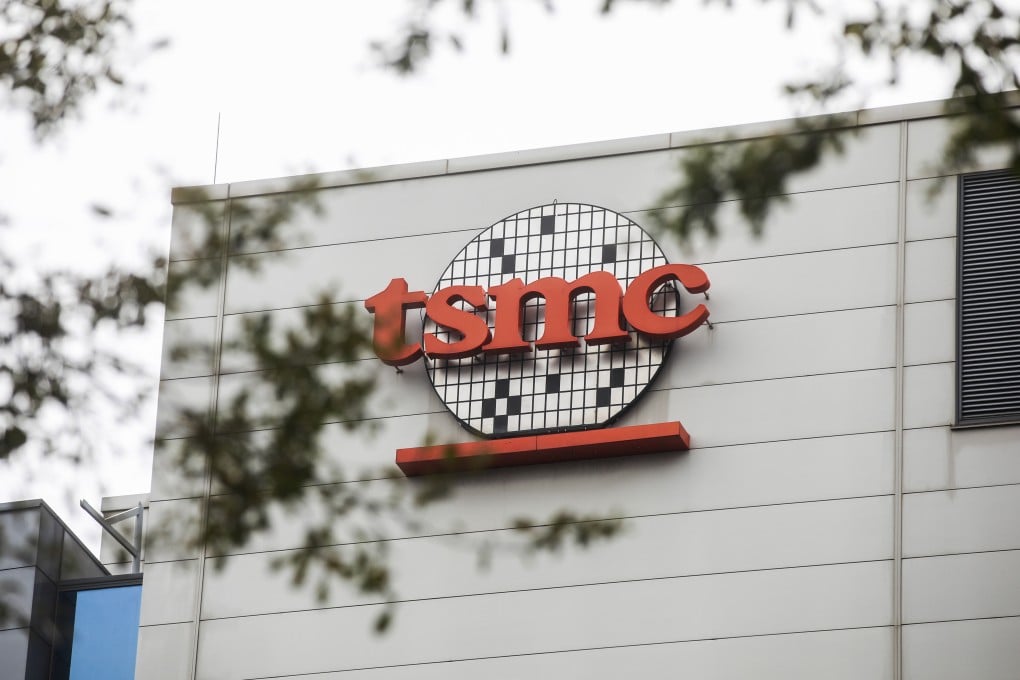TSMC plays down chip oversupply concerns, predicts strong 2022 demand following fourth-quarter growth
- The world’s largest contract chip maker said the mature 28nm process is a ‘sweet spot’ for the industry, as advanced nodes take up 80 per cent of expenditures
- Revenue surpassed US$15 billion in the fourth quarter and profits were up 16 per cent to US$6 billion

Taiwan Semiconductor Manufacturing Co (TSMC) said on Thursday that mature chip-making technology using the 28-nanometre node process will be a “sweet spot” in 2022, downplaying concerns of oversupply as the company expands leading and mature capacity across several countries to contend with the ongoing global chip shortage.
TSMC CEO C.C. Wei, said in a conference call with analysts on Thursday that long-term demand for sensor chips and volatile memory chips, along with silicon enrichment across several sectors, will support the expansion of 28nm manufacturing capacity. The risk of a 28nm chip glut within the next year remains minor, he suggested.
“TSMC appears more positive about its outlook,” Sravan Kundojjala, a senior analyst at Strategy Analytics, wrote on Twitter. “It sounds confident when it comes to the risk of oversupply and inventory correction.”
The company has also been expanding in more advanced nodes. The company set 2022 capital expenditure to between US$40 billion and US$44 billion, with up to 80 per cent going toward the 2nm, 3nm, 5nm and 7nm advanced processing nodes. Another 10 to 20 per cent will be spent on speciality technology, for uses other than computer processors, the company said.
TSMC, the world’s largest contract chip maker, has been ascendant as its manufacturing capacity became even more sought-after during the chip crunch. In addition to being the top choice for chip designers like Apple, governments have courted the Taiwanese chip giant as they seek to protect local supply chains.
“We see TSMC’s advanced technology will continue to be supported by demand from Apple and its high-performance computing clients in 2022,” said Eric Tseng, chief executive of Taiwan-based Isaiah Research, adding that it will be a main driver of company growth.